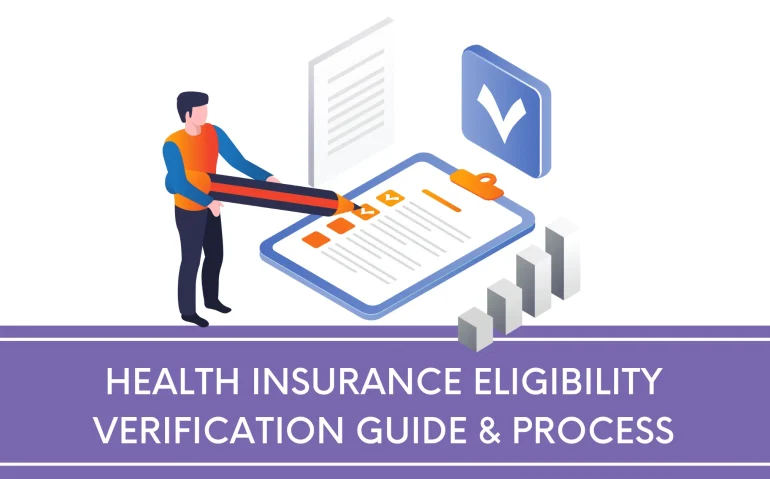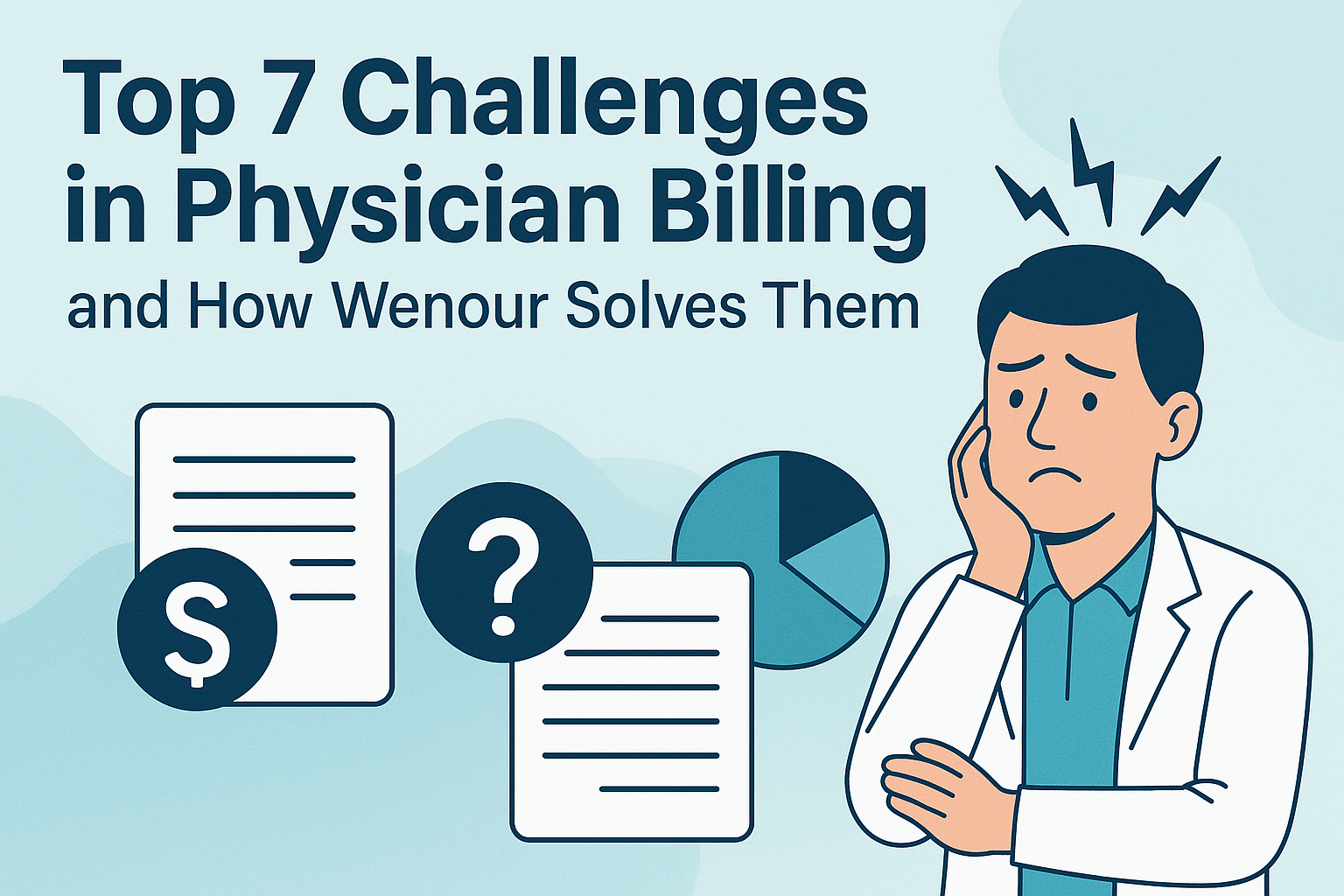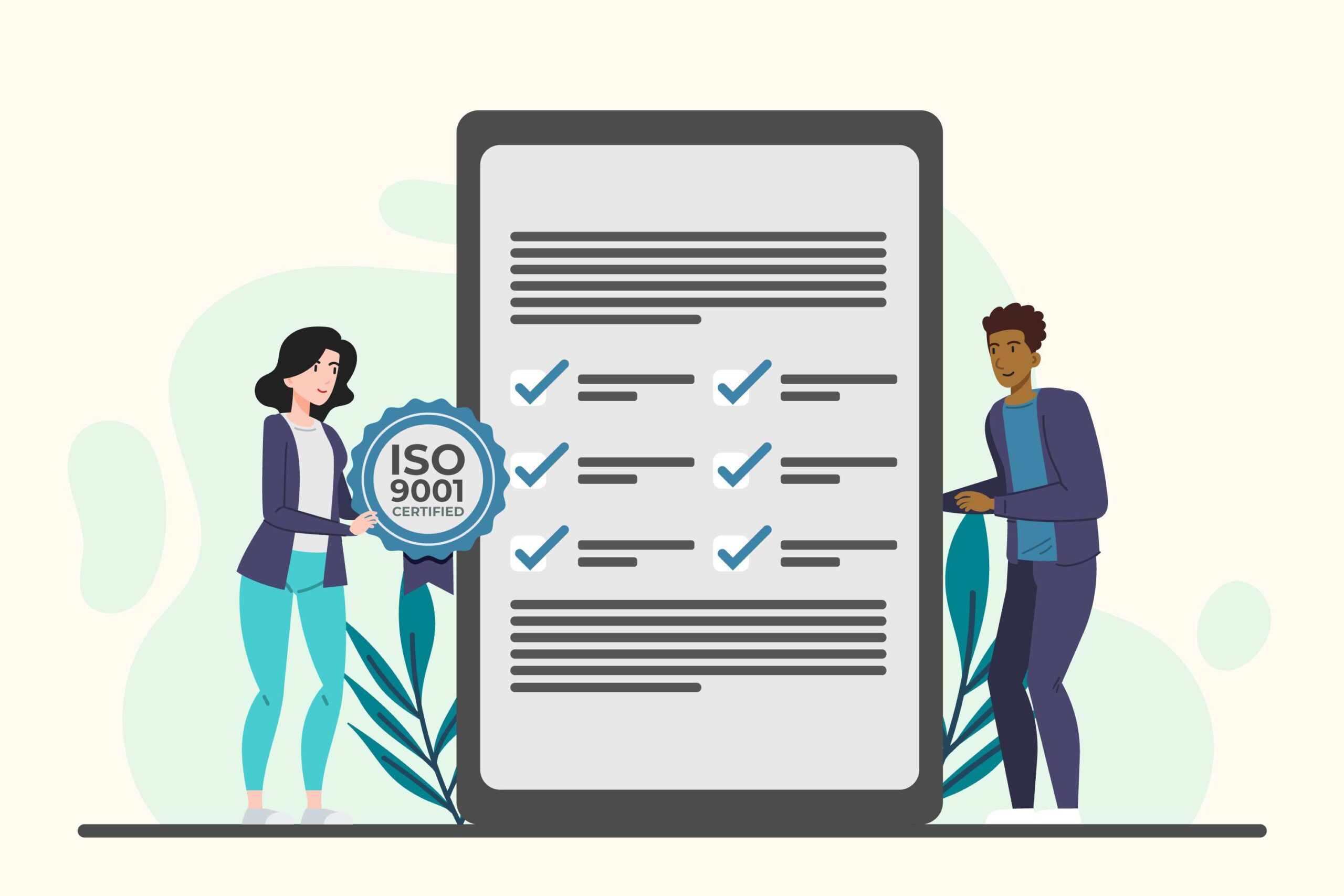
How To Make Your Insurance Eligibility Verification Process More Efficient?

Insurance eligibility verification is the initial and most significant step in the revenue cycle management process Without the eligibility verification process, it’s difficult to communicate with payers and determine the payer responsibilities. These difficulties can increase the number of errors during the claims submissions and also increase the average A/R days & lowers the business revenue. Let us discuss how to process insurance eligibility verification more efficiently.
Insurance Eligibility Verification
Insurance eligibility verification is the process of checking the patient’s insurance coverage status, eligibility status, etc. Here listed Below is the checklist of information to be verified for a smooth and productive billing of each claim. Type of Medicare coverage
- Coverage dates
- Patient demographics
- Benefit options – including patient responsibilities for co-pay, co-insurance & deductibles
- Individual plan deductible and deductible remaining
- Family plan deductible and deductible remaining
- Referrals and pre-authorizations
- Claims mailing address
- Lifetime maximum
- Address for claims submission
- In-network or out-of-network status
- Durable medical equipment coverage
Without verifying this information, healthcare services may be wrecked. Eligibility verification is of paramount importance as any deficiency may lead to claim denials and account receivables delays etc. The major reason for claims denials and delays is that insurance eligibility verification is not done accurately.
Real-life statistics highlight the significance of this process. Studies show that up to 15% of claims are denied due to eligibility and coverage issues. Moreover, the average accounts receivable days can increase by 30% when eligibility verification is not conducted effectively. These numbers underscore the critical role of verifying insurance eligibility in revenue cycle management.
Optimizing the Verification Process
To ensure a smooth and efficient insurance eligibility verification process, healthcare providers can implement various techniques:
Utilize Multiple Channels: Engage with payers through phone calls, Interactive Voice Response (IVR) systems, and online portals to verify patient coverage. This multi-channel approach helps expedite the verification process and minimizes errors.
Accurate Patient Data Entry: Thoroughly collect and update patient information, including demographics and insurance details. Any inaccuracies in data entry can lead to claim denials and delays. Regularly audit patient records to ensure accuracy and completeness.
Proactive Issue Resolution: Identify and address any discrepancies or issues during the verification process promptly. Whether it’s missing information or eligibility concerns, proactive resolution prevents potential claim denials and ensures smooth claims processing.
Continuous Training and Education: Invest in ongoing training for staff members involved in the verification process. Keep them updated on changes in insurance policies, procedures, and coding guidelines. Well-trained staff are better equipped to navigate complex eligibility requirements and reduce errors.
How Outsourcing Helps?
While implementing these techniques can enhance the efficiency of insurance eligibility verification, many healthcare providers find that outsourcing this task offers additional benefits. Outsourcing to a reputable medical billing company like Wenour can streamline the entire revenue cycle management process and drive efficiency in the following ways:
Focus on Core Activities: By outsourcing eligibility verification, healthcare providers can free up valuable time and resources to focus on patient care and core business activities. With Wenour handling verification tasks, staff can dedicate their efforts to delivering quality care and improving patient satisfaction.
Expertise and Resources: Wenour’s team of billing experts possesses extensive knowledge and experience in navigating insurance eligibility requirements and resolving verification issues promptly. Leveraging their expertise ensures accurate and timely verification, minimizing claim denials and optimizing revenue.
Improved Cash Flow: Outsourcing insurance eligibility verification can accelerate the reimbursement process and improve cash flow for healthcare providers. Wenour expedites claims processing, reduces accounts receivable days, and maximizes revenue collection, leading to a healthier financial outlook for practices.
Scalability and Flexibility: Wenour offers scalable solutions tailored to the specific needs and size of each healthcare provider. Whether it’s a small clinic or a large hospital system, our outsourcing services can adapt to changing demand and volume, providing flexibility and efficiency.
In conclusion, optimizing the insurance eligibility verification process is essential for healthcare providers to ensure timely reimbursement and maintain financial stability. By implementing effective techniques and leveraging the expertise of outsourcing partners like Wenour, providers can streamline operations, reduce claim errors, and enhance revenue generation. Take the proactive step towards a more efficient revenue cycle management process with Wenour‘s comprehensive outsourcing solutions.























